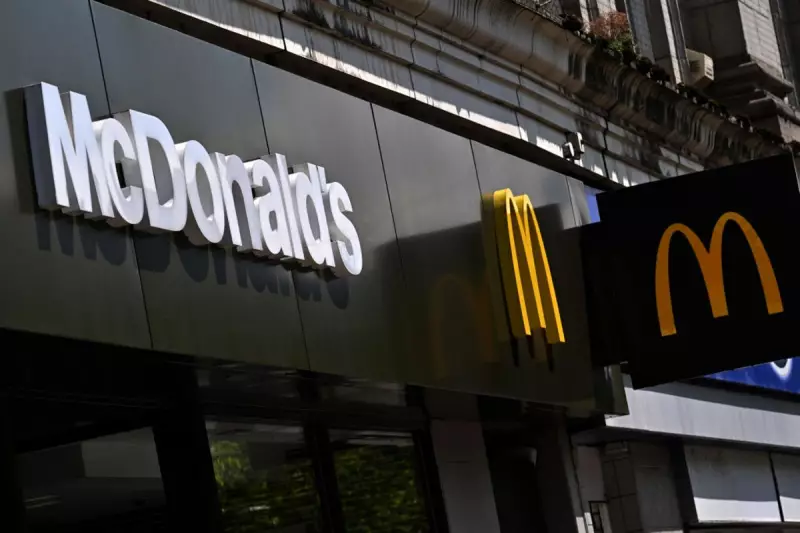
McDonald's iconic Monopoly promotion is facing fierce criticism from a leading UK charity, which has branded the game a dangerous 'gambling-style' activity that unfairly targets children and young people.
In a stark warning, GambleAware has called for an outright ban on the fast-food game, arguing it risks normalising betting behaviours from a worryingly young age. The charity has raised the alarm that the game's mechanics—collecting property sets for prizes—mirror the psychological hooks found in gambling, creating a potential pathway to future harm.
Why is Monopoly Under Scrutiny?
The core of the issue lies in the game's design. Players collect tokens from food and drink packaging, hoping to complete sets for instant wins or enter a prize draw for larger rewards. GambleAware contends that this 'gambling-like' process is easily accessible to minors, making it a particular cause for concern.
This controversy has also drawn in the fundraising company Omaze, which partners with McDonald's on the prize draw aspect of the game. Critics argue that such partnerships between gambling operators and brands popular with families further blur the lines for young consumers.
A Call for Stricter Regulations
GambleAware's stance is clear: marketing that exposes children to gambling-like activities must be prohibited. The charity is urging regulators and policymakers to take a firmer stand to protect vulnerable young audiences from developing harmful habits early on.
This call to action challenges the very foundation of one of McDonald's most famous and long-running marketing campaigns, potentially forcing a major shift in how brands engage with family audiences in the future.





